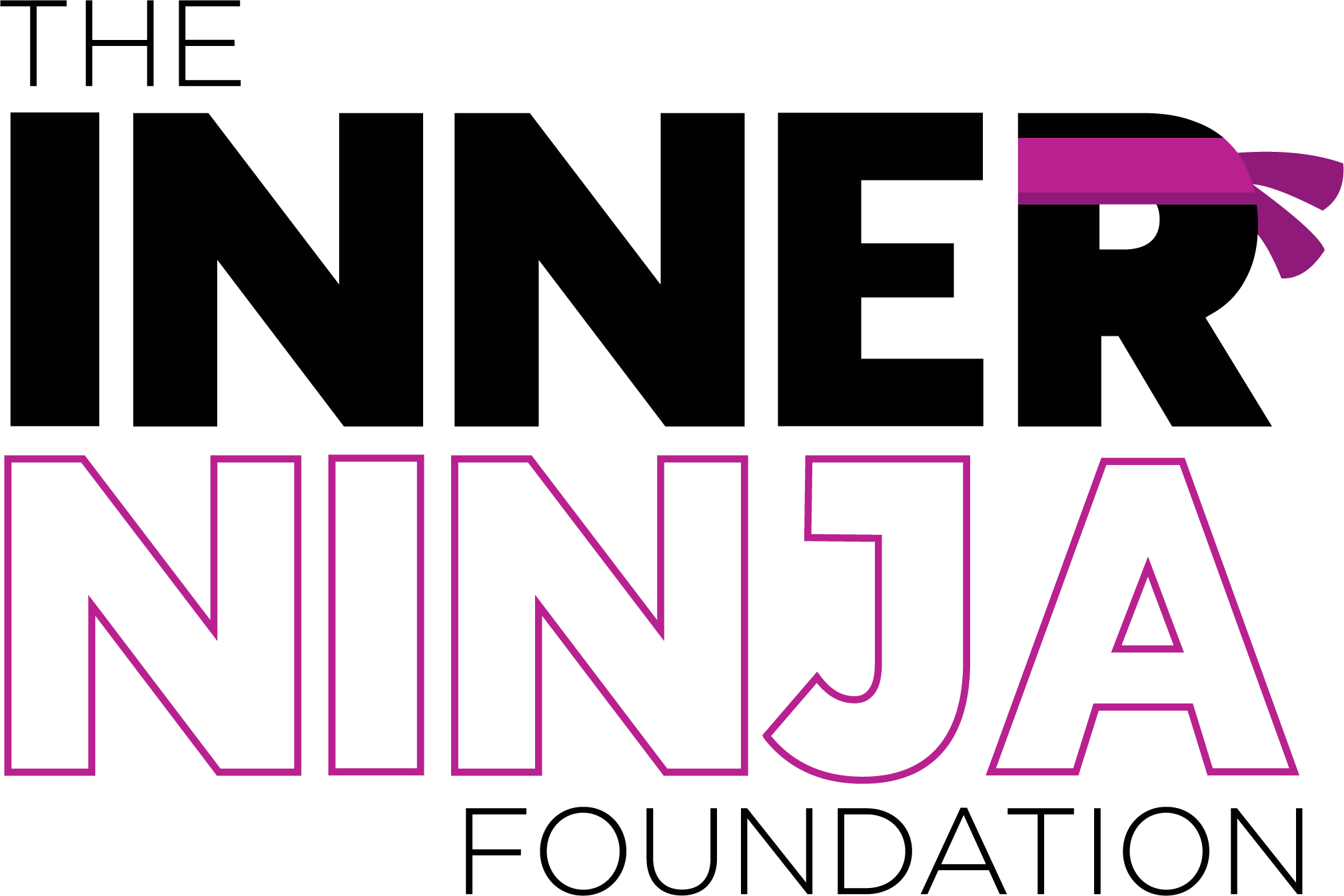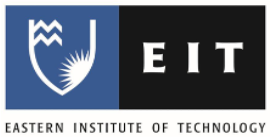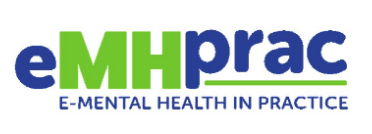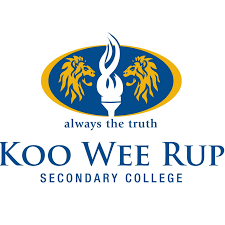|
Main Forum Day 1 | Tuesday, 11 May 2021
|
|
| Time |
Agenda |
|
| Addressing The Alarming Rising Trends Of Mental Health And Suicide Issues In Schools |
|
|
|
| 10:00 |
Welcoming Speech, Opening Remarks & Thank You Sponsor Speech By Forum Producer |
|
|
|
|
| 10:10 |
Welcome Address By Forum Chairperson |
|
|

Dr Tony Mordini
Principal
Melbourne High School |
 |
| 10:15 |
Lived Expertise And The Difference It Makes With One On One Counseling For Youth Who Are Experiencing Suicidal Ideation Or Living With Mental Health Issues Diagnosed Or Not |
|
|
Stef ani Caminiti ani Caminiti
CEO & Founder
The Inner Ninja Foundation
Expert Advisory Group Member, Department Of The Prime Minister And Cabinet
Expert Advisor, National Suicide Prevention Plan |
 |
|
|
|
| 10:50 |
A Mentally Health Culture: Building A ‘Triage’ Process At St Michael’s Grammar School To Respond Rapidly To Personal And Community Challenges |
|
|

Gerard Houlihan
Deputy Head of the School
St Michael’s Grammar School |
 |
|
|
|
| 11:25 |
Let’s Make Me Resilient |
|
|
The behavioral based program focuses on developing three interrelated skill areas.
- Let’s Make Me Resilient: Participants apply cognitive concepts and skills from sport, health, and performance psychology – to facing challenges from a positive perspective.
- Real Stress Management Skills: addresses the types of stressors youth most commonly face. Participants learn how stress works, how it affects thoughts, emotions, and behaviours (including self-destructive behaviors). Most importantly, provides participants actual, personal and inter-personal stress management skills that they can use immediately.
- Making Difficult Conversations Easier: For a lot of us, the conversations we really need to have, are the hardest for us to start and finish. Five skills to help figure out what you need to say, to who, and how to say it.
|
|
|

Edmond Otis
Senior Lecturer, Health and Sport Science, MHSc
Eastern Institute of Technology Hawke’s Bay, New Zealand |
 |
|
|
|
| 12:00 |
Lunch Break |
|
|
|
|
| 13:00 |
The Pavilion Wellbeing Model: A Whole School Approach |
|
|
- What a trauma informed approach looks like in practice
- Our core focus: promoting psychological strengths and skills, developing regulatory processes and building relational strength
- Our school expectations and how they underpin and inform our work
|
|
|

Katherine Doyle
Director of Wellbeing
The Pavilion School
|
 |
|
|
|
| 13:35 |
Navigating The World Of Online Mental Health Options: How To Choose The Most Appropriate Services Or Resources For Students And Teachers |
|
|

Heidi Sturk
Director
Queensland University of Technology Centre for Children’s Health Research |
 |
|
|
|
|
The Hidden Signs And Symptoms Of Student Mental Health Issues |
|
|
|
|
| 14:10 |
Identifying Warning Signs Of Hidden Student Depression, Mental Illness, Anxiety And Suicidal Thinking: Effectively Training Your Admin And Teachers To Spot Early Indications Of Mental Health Struggle |
|
|
- Implementing staff training and resources to educate so your school is equipped to address and manage student mental health
- Engaging your staff in a continuous dialogue about the mental wellbeing of your school community
- Promoting open communication between students and staff to help with early detection of mental health issues
|
|
|

Gregory Tim Ward
Student Wellbeing Co-ordinator
Koo Wee Rup Secondary College |
 |
|
|
|
| 14:45 |
LGBTQ+ Families And Schools: Diversity, Recognition And Belonging |
|
|
In current times schools serve diverse communities of children, young people and their families. These communities are made up of families of a rich diversity of structures which weave together to form the schooling community. Despite this diversity, ideas about family as a mother, father and their children often still circulate within schools, and these ideas can be reflected in their day to day processes. Schooling structures, policies and practices which do not recognise diversity of what real families look like can create barriers to recognition and belonging for many, including LGBTQ+ parents and their children as they navigate schooling spaces.
Research has demonstrated that LGBTQ+ supportive structures, policies, and practices within educational contexts like schools can have positive impacts on feelings of belonging and wellbeing for LGBTQ+ parents, families and students. In this session I will draw on the stories of gender and sexuality diverse parents to consider some of the barriers to recognition faced by diverse families. I will then explore some simple strategies that schools and education contexts could utilise to support the creation of spaces of recognition and to open opportunities for positive relationships with families and communities. |
|
|

Dr Michelle Jeffries
Tutor | Research Assistant
Faculty of Creative Industries, Education and Social Justice
Queensland University of Technology |
 |
|
|
|
| 15:15 |
Closing Remarks By Forum Chairperson |
|
|

Dr Tony Mordini
Principal
Melbourne High School |
 |
|
|
|